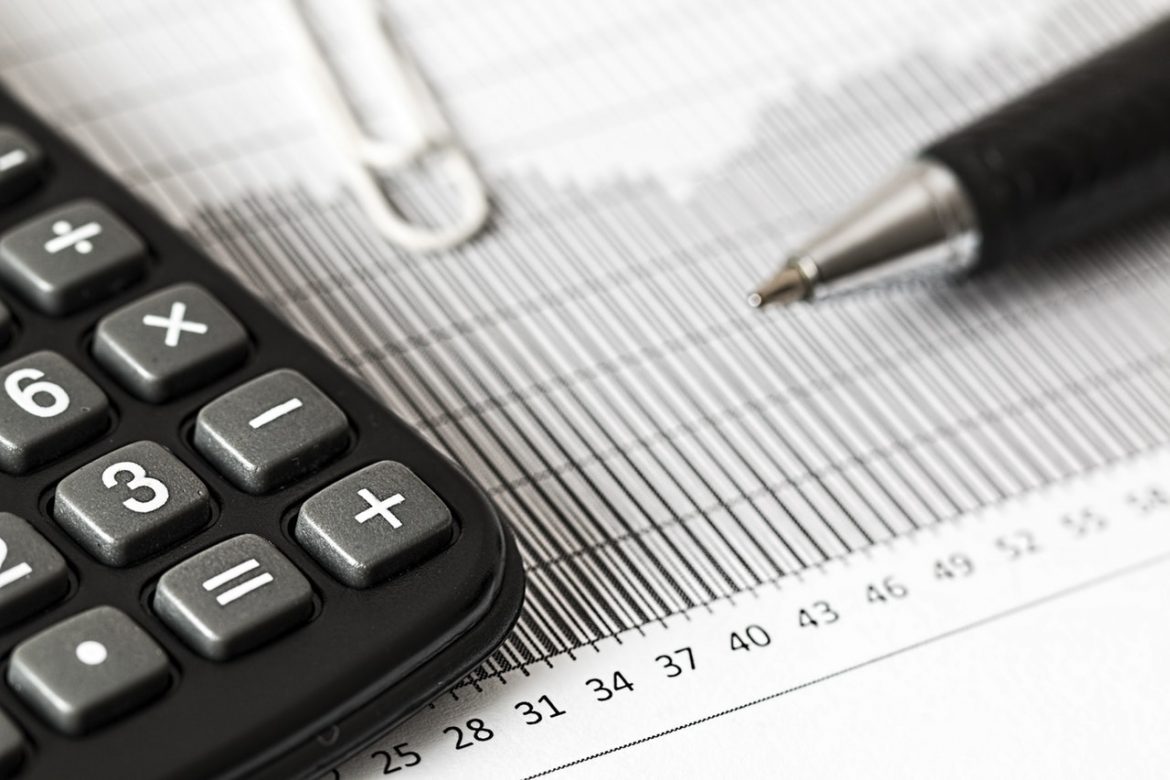As the end of the year approaches, everybody knows it time to pay the taxes. Many business owners and entrepreneurs start thinking about how to handle their tax returns.
For this purpose, they need the help of professional advisors who will help develop new strategies and approaches to save their financial affairs. With proper consultancy from the tax accountant Sydney has best to offer, the entities end up paying as little taxes as possible.
Tax planning – It is the study and management of a person’s financial situation to optimize the tax breaks lawfully and it effectively minimizes tax liabilities. If you are a business owner, you clearly understand how difficult it is for the companies to get prepare for the tax season. Tax season is always unpredictable and every year the taxpayers either get good or bad news.
Before the tax season – You need to make sure that all the necessary documents should not be missing. For this purpose, you need to examine last year’s tax return.
Tax season is happening – When the tax season is happening the company’s, employees and business owners have to show their documentation of the income generated that year. It is a busy time for both, the people who are related to the accounts and finance department and the taxpayers.
After the tax season – Businesses who are high taxpayers use an after-tax return strategy to look at their profits. The post-tax season analysis, financial and consulting advising, etc.
10 Best Tax strategies to Follow are –
- Tax-efficient investments
It is important to ensure that you take full advantage of tax-efficient investments by keeping them in accounts with the proper tax treatment. Many business owners ensure ways that can potentially lower tax liabilities by using such strategies. Going to invest in this way guarantees all possible tax benefits without increasing your taxable income.
Investment managers can theoretically reduce investment sales, invest in the non-dividend-paying stocks and selectively sell them at a loss to offset taxable profits. You can also invest in tax-free accounts that are also known as tax-deferred accounts i.e. annuities, (IRA) individual retirement accounts, etc.
- Harvest the losses
Also termed as the tax-loss harvesting. In which an entity sells the security at a loss to realize again in the capital. Here a question arises that how can you use this strategy to improve the returns. Tax-laws created this opportunity for everyone. This strategy works best in a situation where any investor makes amendments to their asset allocation, rebalancing, etc.
- Flex Plans
Flex plans are the flexible spending accounts that are offered to the employees by the company. It is the special amount in employee’s account that is steered part of their pay, which can be tapped to pay medical bills or child care. This is good in a way that avoids both social security and income taxes. The plan should be done yearly and if you don’t use it all by the end of the year, the excess is forfeit.
- Tax Deferral
Your pay is received and so does your income tax. Procrastination is sometimes a bad thing but also its advantages you when it is about your finance. Tax Deferral is something that lets you delay paying your taxes to some future period with some conditions applied of course. You must take business deductions with lower taxable income for full or part-time self-employed taxpayers. And also consider flex plans as mentioned already in point 3.
- Long-term gains
An investment that is held for one or more than one year has long term capital gains.
For example, taxable income around 0, 15, and 20%. If you purchase an asset and held it for more than one year will get benefited by the reduced tax rate and long term gain
- Short-term gains
An investment that is held for less than one year has short terms of capital gains.
For example, your ordinary income. If you purchase an asset and held it for less than one year will become a short term profit.
- Preparation and filing the taxes
This is the toughest task if you own a business empire or an employee getting your tax file ready is not an easy job. Some people don’t know how to do it so they hire an external CPA or a professional person to get the file ready for you. Pro tip – don’t wait for the tax season to approach, start early so that you can look at the stuff deeply, with the help of a professional accountant. Or in the end, you will find yourself searching for someone but during the tax season, it will be a difficult job.
- Reduce Tax
Taxpayers need to apply a little tactic for extra tax savings which is by bundling some contributions. Usually, tax comes yearly but you can put what is essentially 2 years’ worth of deduction into a year. In other words, you can just pile on all the small taxes as per their requirements.
Just hold up your wallet at the end of the year, like the most common misconception is buying stuff (laptop, car) without keeping the tax deduction in mind. It’s not like you should not invest money at all, but just keep your pocket in your control.
Now if we talk about business, then if it is a home-based business it must have some write-offs as there are plenty of rules that define what is and what is not deductible. As the expense of your home is applied only in that area which you use for your business. You can also apply for home office deduction if it is your primary workplace.
- Complete Knowledge about the kind of tax
Corporate income tax, government tax, income tax, deferred tax, effective tax rate, property tax, HMRC, direct and indirect tax, tariff, withholding tax, transfer tax, pricing tax, OECD, inheritance tax, corporate tax, dividend tax and many more.
- Payroll Strategy
This is the best strategy for having long term benefits. Several business owners put their family on the payroll. Instead of paying the family directly they pay them out of a family management company and this minimizes the tax liability.
Final Thoughts
Tax planning is the best way to realize your goals and it also fills the gap of your financial strategy. The simplest way to enhance the returns of the company over time is to keep check and balance on taxes, how the taxes are affecting the investment of the business.
Maintenance includes your sales, purchases, reinvestments, and distributions. After that, you can select the best preferential tax treatment for the business. By applying the above-mentioned strategies, you will be able to pass the tax season smoothly.

